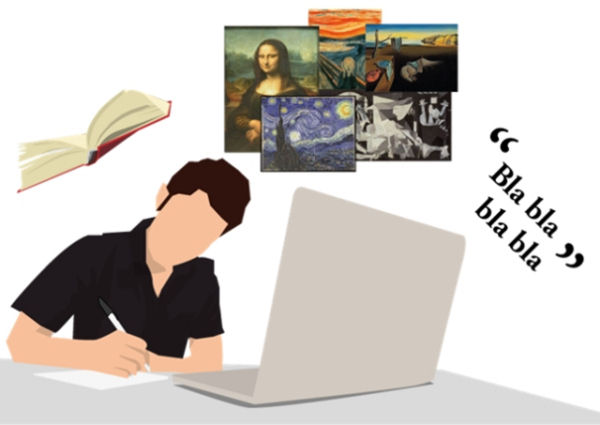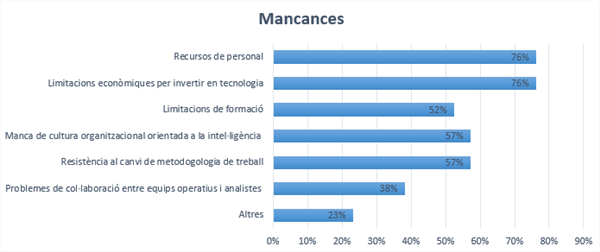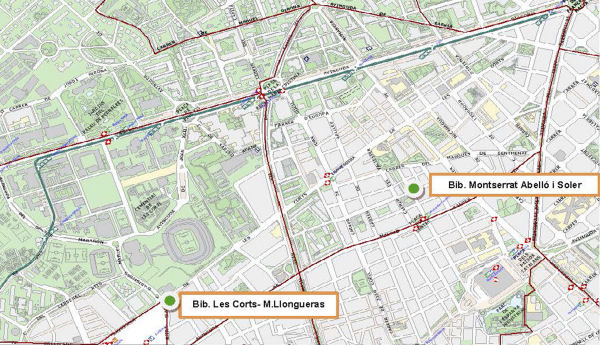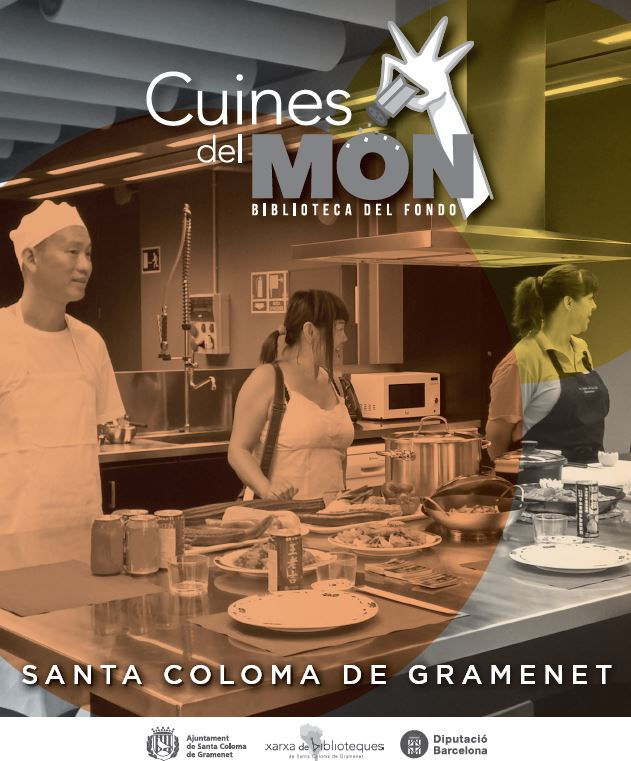Ètica de la informació mèdica en la indústria farmacèutica: recomanacions a partir de la primera “Guía de buenas prácticas de información médica en la industria farmacéutica española”
Objectives: In the absence of specific legislation, the Work Group on Medicines Information of the Medicines Association of the Spanish Pharmaceutical Industry (Asociación de Medicina de la Industria Farmacéutica, AMIFE) decided to define and delimit the obligations involved in managing medicines information in the pharmaceutical industry. Although certain international guides are currently available, it was considered necessary to write a Spanish guide that could be used by pharmaceutical companies and professionals and whose demands for quality standards in the sector could also be shared with the medical community, patients and the public at large.
Methodology: In the course of one of the Group’s regular meetings, group members were invited to participate in one of the project areas, which were the planning, write-up, evaluation of experts and publication of the guide in chapters. After choosing two project coordinators, the members agreed on the subjects to be covered and established the structure for the chapters. It was decided that each chapter should include a comprehensive review of a subject and observations or conclusions that would form the basis for a series of recommendations After drafting an initial table of contents, the group invited a series of professionals to work as voluntary authors, selecting these on the basis of their experience and main field of interest. When the authors had completed the first draft of the chapters, the Group coordinators appointed two members of the group to review each chapter and check it for missing information or errors of content or form. The coordinators then reviewed the chapters themselves to ensure the consistency of the overall guide and drew up conclusions and recommendations that were reviewed by the rest of the group and voted in or out of the final document.
Results: The result was the Guía de buenas prácticas de información médica en la industria farmacéutica española. The twelve chapters comprising the guide reviewed the functions and importance of medicines information, the features and activities of the different areas of medicines information, the training and qualification frameworks of medicines information professionals, standard work procedures and the legal and ethical frameworks informing these, legislation on intellectual property rights, the importance of the role of evidence-based medicine and of quality assurance and the challenges that medicines information will have to face in the future. Fifteen conclusions or recommendations were also made at the end of the document.






